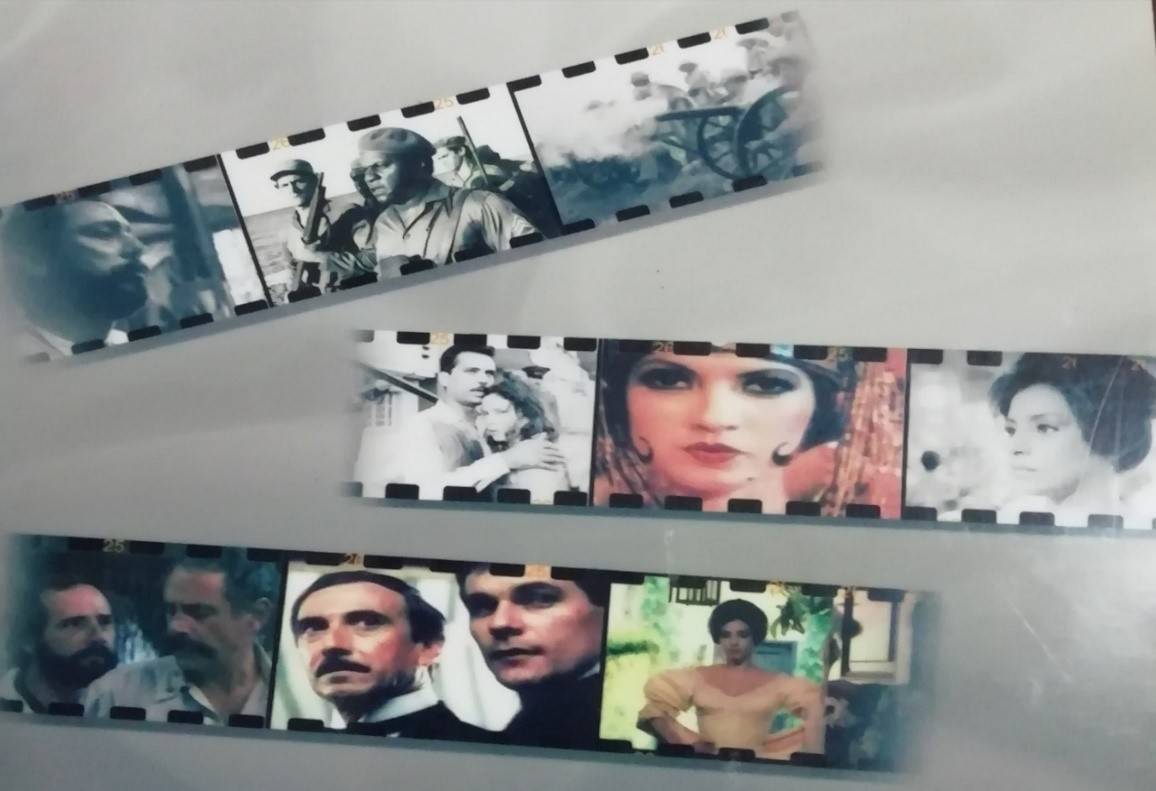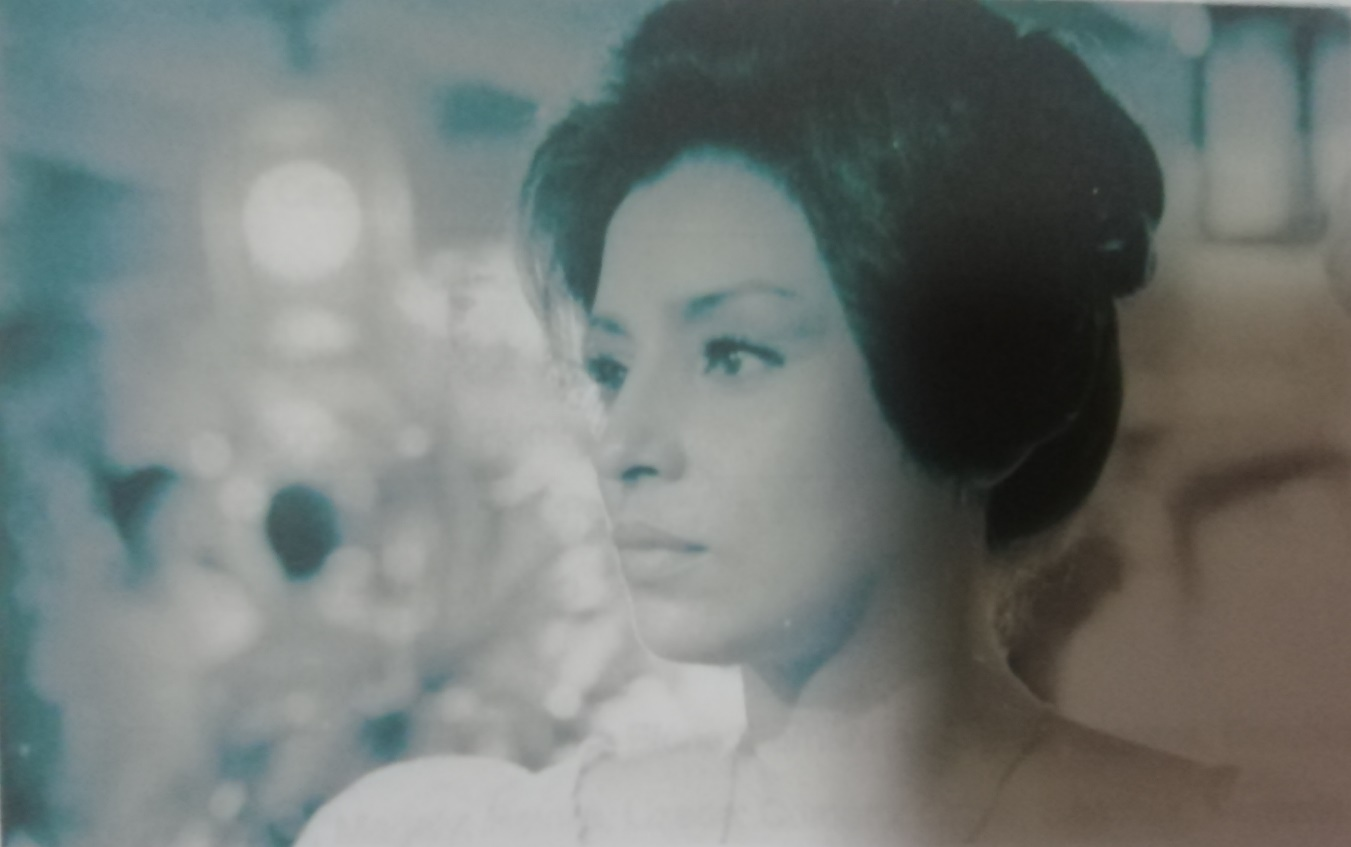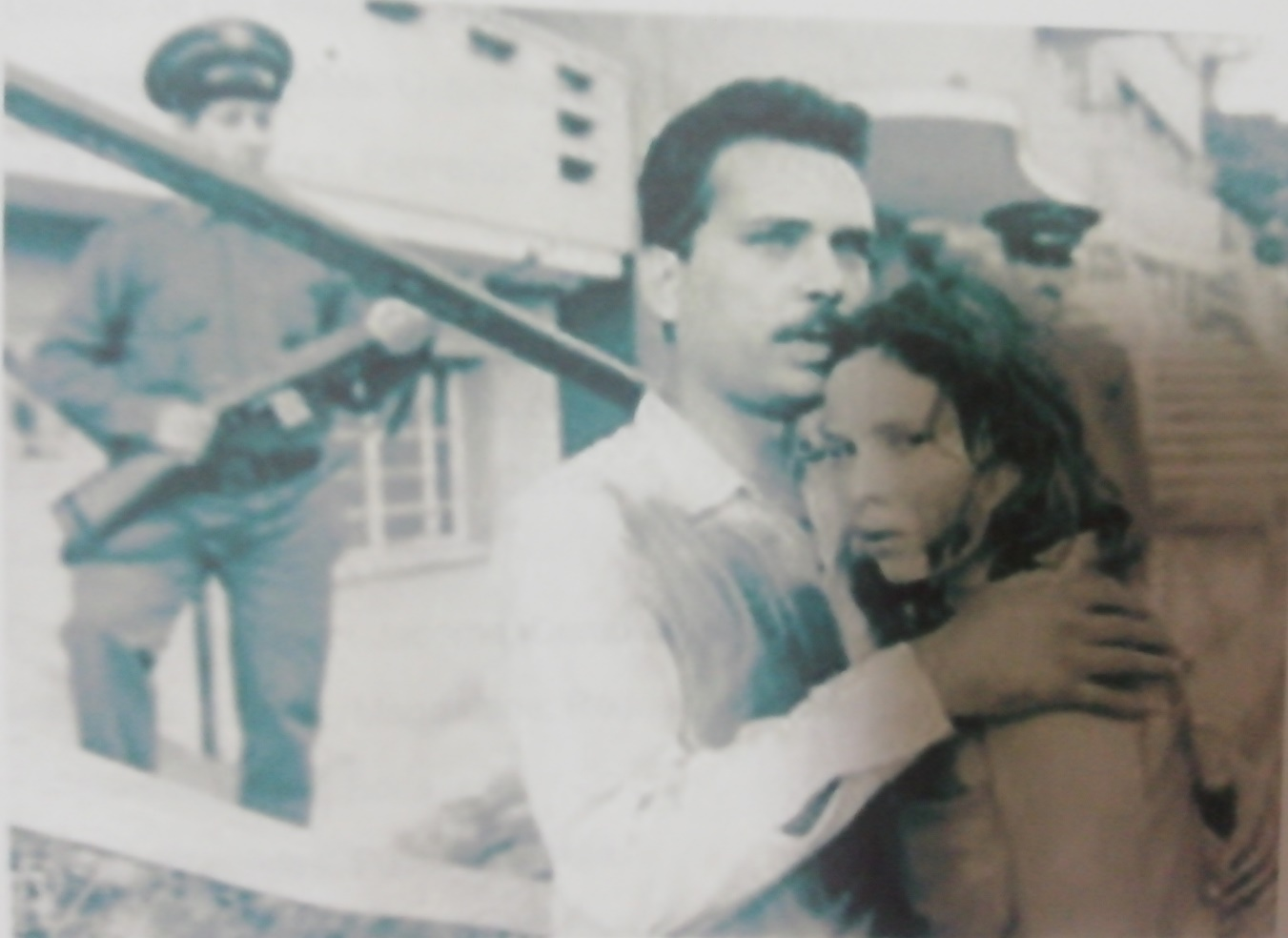Events in Cuba (imported)
Special events in Cuba. A list of festivals that are held in Cuba. Music, jazz, art, dance, cigar, book festivals and more!

By Yenni Marrupe Garcia
Cuba has a history that seduces and captivates. If you come to our country you will quickly realize how important our past is to us, and how proud we are of it. There is an entertaining way to learn about our story, and that is through Cuban cinema. Our films will allow you to travel through time and discover our history in images that recreate past realities.
In Cuba we recognize three main historical periods: Colonial, Pseudo-Republic, and Revolutionary. Each of these eras with their unique political and societal characteristics can be explored in the works of talented local filmmakers, who have done a beautiful job interpreting the past into captivating cinematography. History is not absolute, the storyteller influences the story, but these five films portray history a way that feels authentic to what I’ve learned growing up in Cuba, and so I recommend them to you as a means to journey through the timeline to the Cuba we have today.

Cuba was established as a Spanish Colony after the arrival of Christopher Columbus to the island in 1492. We say ¨arrival¨ and not discovery, because indigenous already inhabited the island. The Spanish period ended in 1898 after the Spanish-Cuban-US war ended when ¨El Tratado de Paris¨ was signed.
Cecilia, directed by Humberto Solás, is based on the literary novel of Cirilo Villaverde, Cecilia Valdés. The film recreates the characteristics of colonialism and shows the political, economic and social aspects of Cuban life during the first half of the XIX century. These times were fundamental in forming the national culture. Slavery and slave trade during this era would eventually lead to the syncretism of African and Spanish elements into Cuba’s unique identity.

The Cuban Republic was officially established in 1902, but was independent only on paper. In reality the United States held a paternalistic role in Cuba, giving themselves the right to intervene at will through the 1902 Platt Amendment. Even after the Platt Amendment was eliminated in 1940, President Batista protected and prioritized the US’ interests over those of the Cuban people. The US maintained a strong influence over Cuba politically and economically up until the revolution. This is why the era from 1902 to Jan 1st, 1959 is sometimes called the República Americana, the American Republic. It was much shorter than the Spanish period, but it was very intense.
There are three movies I recommend for this time period: Un Hombre de Éxito, La Bella del Alhambra and Clandestinos.
Un Hombre de Éxito (A Successful Man), also by the filmmaker Humberto Solás, reflects the Cuba of the 1930’s. The film is based on the story of a man, Javier, and his methods of achieving political and social status in Cuba, and Dario, his brother, with totally different ideals, which also allows the viewers to learn about family relationships and coexistence of the period. The brothers begin as revolutionaries, but Javier then changes his ideals to climb the political ladders opportunistically, seeking economic power and social status, while Dario holds firm to his revolutionary beliefs. One of the most captivating elements of this movie is that it contains archival images of the time masterfully integrated into the film.
La Bella del Alhambra (The Beauty of the Alhambra), directed by Enrique Pineda Barnet, is a reconstruction of Miguel Barnet´s novel Canción a Rachel. The film, set in the 1920’s, tells the story of a young woman, Rachel, who wants to become a great showgirl in one of the most famous theaters of the country, the Alhambra. It is a very dynamic film with theatrical performances. This film is special because it revives the classic style of theater and traditional musical productions of the past, allowing us to immerse ourselves in the talent and spectacles of a dazzling era in Havana’s history.
Clandestinos, a very emotional film by the magnificent director Fernando Pérez, tells the story of several young revolutionaries who join the efforts to overthrow Fulgencio Batista, the last president of the Cuban island before the Triumph of the Revolution, by operating a clandestine printing press distributing anti-Batista pamphlets. This movie is based on real historical events in the years 1956-1957. One of the reasons I recommend this movie is because of the way it brings humanity to the anonymous heroes of the revolution. The film shows us their passions and presents them not only as brave revolutionary fighters with strong political ideology but also depicts their feelings of love, dreams and fears.

Finally, the era of the Revolution arrived in 1959 and its history is still being written. On January 1, 1959, Fidel Castro announced the victory of the Revolution after Batista fled the country in the dead of night. For the first time in its history, Cuba was no longer under the control of an outside country.
The last film I recommend to you, Guardafronteras (Border Guards), by Octavio Cortázar, has elements of the initial memories of the Cuban government. It recreates the life and work of young people in the early years of Revolution (1960´s) fulfilling the mission of defending Cuban coasts and cays due to the need to establish vigilance against any threat of invasion.
Historical cinema constitutes a source of ideas, cultural models, a rescue of identities and an important communication instrument. These films bring Cubans closer to past years, events and situations of the Cuban History. The Cuban filmography is extensive, these are just five of my favorites to get you started on your journey, so I hope you will continue to explore other elements of our history and culture through the many wonderful films made in Cuba.